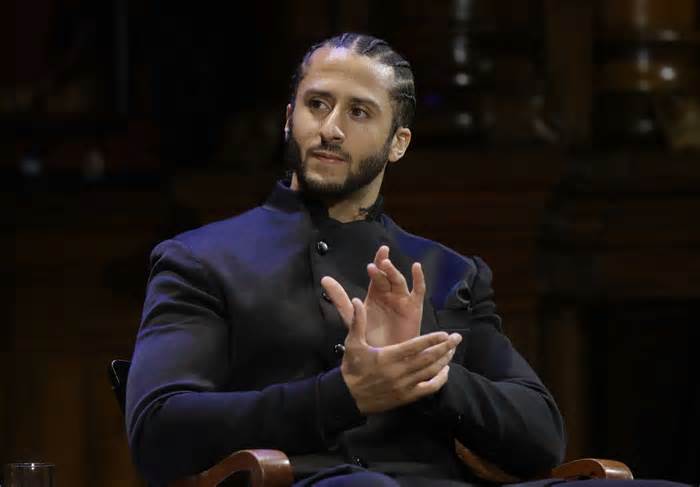NEW YORK (AP) — So you’ve probably read a lot about “cancel culture.” Or know about a new poll that shows a plurality of Americans disapproving of it. Or you may have heard about a letter in Harper’s Magazine condemning censorship and intolerance. But can you say exactly what “cancel culture” is? Some takes: — “It seems like a buzzword that creates more confusion than clarity,” says the author and journalist George Packer, who went on to call it “a mechanism where a chorus of voices, amplified on social media, tries to silence a point of view that they find offensive by trying to damage or destroy the reputation of the person who has given offense.” — “I don’t think it’s real. But there are reasonable people who believe in it,” says the author, educator and sociologist Tressie McMillan Cottom. ”From my perspective, accountability has always existed. But some people are being held accountable in ways that are new to them. We didn’t talk about ‘cancel culture’ when someone was charged with a crime and had to stay in jail because they couldn’t afford the bail.” — “‘Cancel culture’ tacitly attempts to disable the ability of a person with whom you disagree to ever again be taken seriously as a writer/editor/speaker/activist/intellectual, or in the extreme, to be hired or employed in their field of work,” says Letty Cottin Pogrebin, the author, activist and founding editor of Ms. magazine. — “It means different things to different people,” says Ben Wizner, director of the ACLU’s Speech, Privacy, and Technology Project. In tweets, online letters, opinion pieces and books, conservatives, centrists and liberals continue to denounce what they call growing intolerance for opposing viewpoints and the needless ruining of lives and careers. A Politico/Morning Consult poll…







